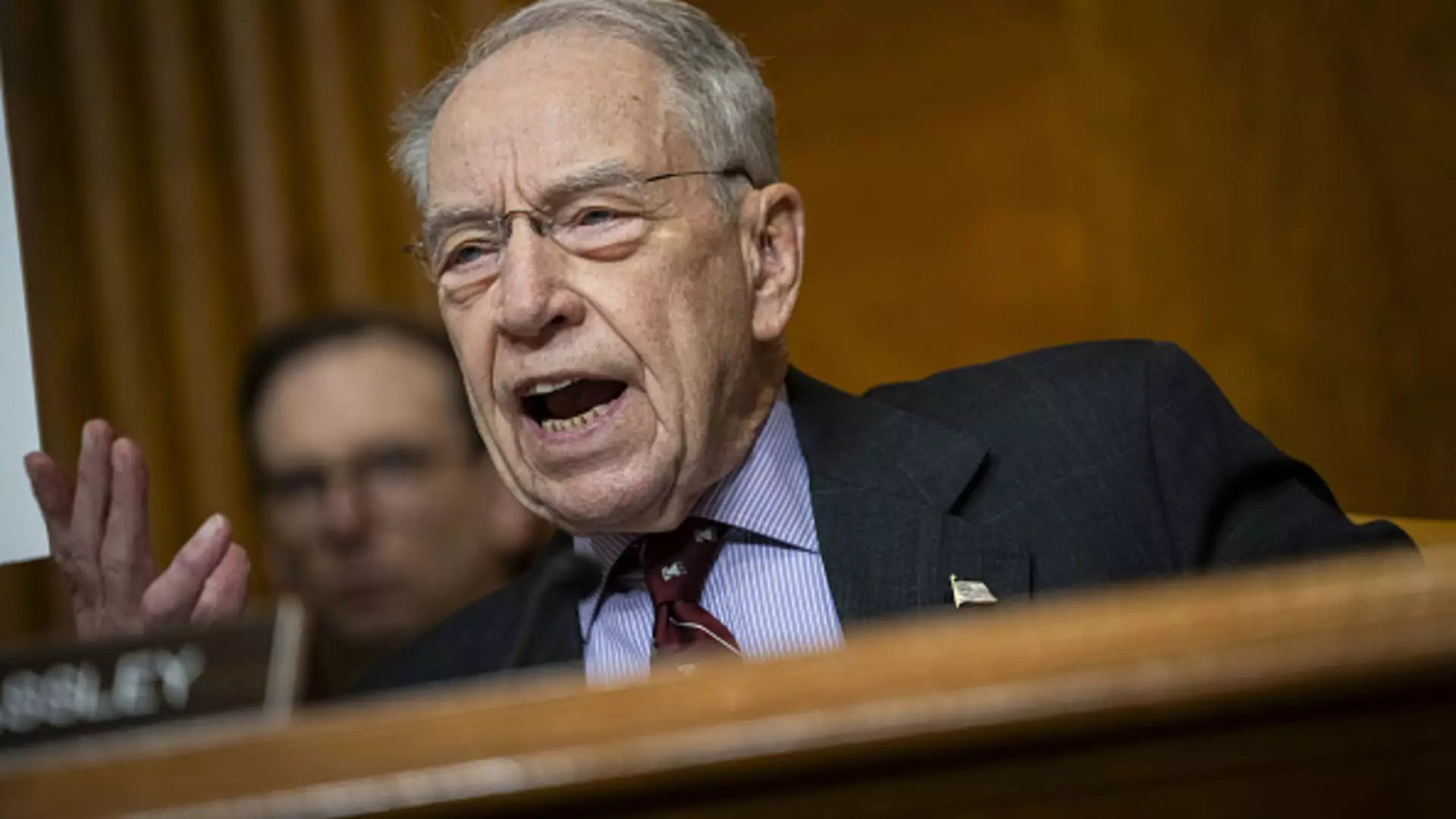As Congress engages in a crucial discussion regarding the impending decision on trillions in expiring tax breaks, the spotlight has been on several Democratic proposals aimed at increasing taxes on corporations and wealthy Americans. Advocates of these plans argue that they are necessary to address income inequality and the federal budget deficit. Among the topics debated in a Senate Budget Committee hearing include the corporate tax rate, stock buybacks, capital gains tax rates, and levies on profits for private equity and hedge fund managers, commonly referred to as carried interest. Moreover, there was discourse on taxes on unrealized gains, which pertains to profits on unsold assets, along with other tax proposals that were on the table.
Joseph Stiglitz, a prominent professor of economics at Columbia University, emphasized in his prepared testimony that higher taxes on corporations and the wealthy would contribute to a fairer tax system, generating more revenue and fostering economic growth. However, despite the arguments in favor of these proposals, many have faced challenges in gaining widespread support, even among Democrats. Senator Chuck Grassley of Iowa highlighted how reforms to carried interest, for instance, were initially part of the Inflation Reduction Act, but were subsequently eliminated before the bill was passed in the Senate. Similarly, Senator Mitt Romney of Utah expressed concerns about the potential unintended consequences that most of the proposed tax increases could have on the economy.
The discussion on tax proposals also delved into the Tax Cuts and Jobs Act of 2017 (TCJA), which was enacted during the tenure of former President Donald Trump. The TCJA brought about lower federal income brackets, an increased standard deduction, and doubled the estate and gift tax exemption, among other provisions. However, with more than 60% of filers projected to face higher taxes post-2025 once the TCJA provisions expire, the urgency to address this issue becomes apparent. On one hand, extending these expiring provisions in their entirety could lead to a substantial increase in the deficit, with estimates suggesting around $4.6 trillion over the next decade, as reported by the Congressional Budget Office in May.
President Joe Biden has advocated for higher taxes on the wealthy and corporations as a means to fund the extension of expiring tax breaks for individuals earning less than $400,000. Moving forward, the fate of these tax proposals hinges on the political landscape, particularly on which party controls Congress and the White House. Trump, during his presidential campaign, did not disclose many specifics regarding tax policy proposals, but he did express interest in fully extending the expiring provisions of the TCJA. With such diverging perspectives and potential implications, the debate over tax proposals in Congress points towards a complex and challenging path ahead.

